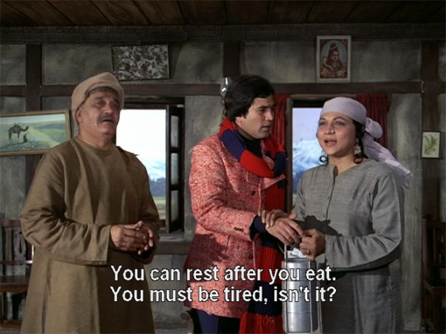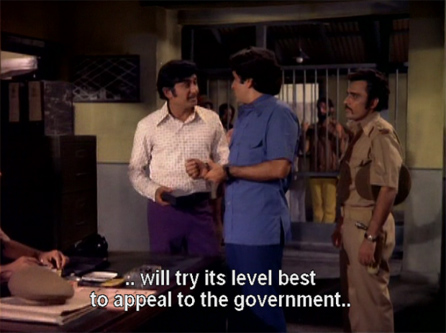I do so love the nuances of language. From Hindi films, traveling in India, and my Indian friends and colleagues, I have learned some great expressions which either don’t exist or are seldom if ever used in English (at least American English). These are some of my favorites.
My favorite favorite. How did I ever live without it?
A tight slap is so much worse than a plain old regular slap (especially when truth is on the giving side).
Why bother with complicated verb conjugations, when “isn’t it” can suffice on its own?
In English we would say “butter up” but in Hinglish you are just buttered.
Mmmmmm. Butter.
Doing (or trying) one’s level best is what you’d say in English too, except hardly anybody ever does (say it, I mean).
“Shoe-bite” is so much more expressive than “blister.” (And now there’s a whole movie about it, ha!)
I remember noticing this phrase around the time of the AbhiAsh wedding, when people left off the invitation list accused the Bachchans of “acting pricey.” Hey, if you are pricey then why not act pricey?
In English you’d be called an informer for tattling on your criminal colleagues. In India, you become an approver.
Hooray for a richer vocabulary! Hooray!
Edited to add: The PPCC reminded me of this one too in her comments, which I overlooked earlier:








